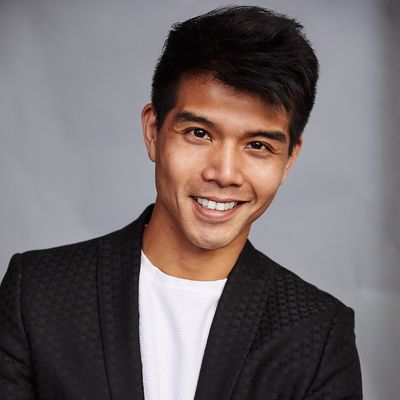You’ve seen him in Aladdin, Allegiance, Glee, Rent, Wicked and more. You’ve heard his solo albums, cast recordings, and LIVE concerts around the world. Now, Broadway/TV/Film actor, recording artist, teacher, and producer Telly Leung shares his dreams, the legacy he wants to leave, the importance of community, and leading with authenticity.
Click here to access bonus resources from this episode.
Connect with Telly Leung:
Connect with Tony Howell:
Episode Credits:
- Art by Tony Howell + Gertrude Pillena
- Editing by Connor Lynch
- Hosting by Broadway Podcast Network
If you enjoyed this episode, please visit RateThisPodcast.com/tonyhowell. Be sure to check out our past conversations and subscribe for next month’s special guest!


